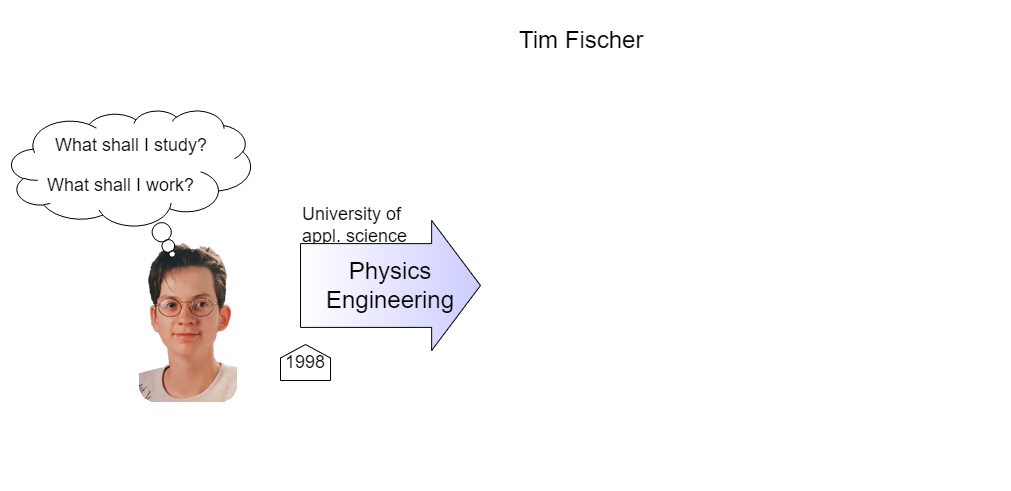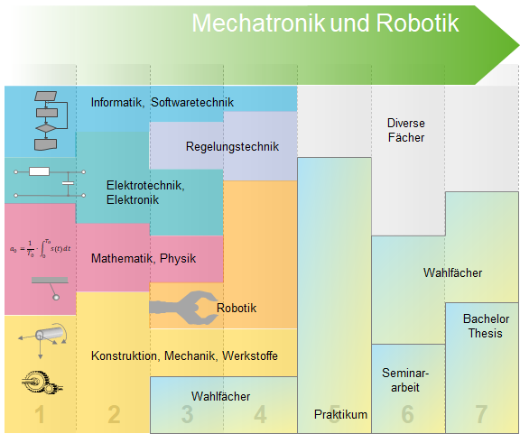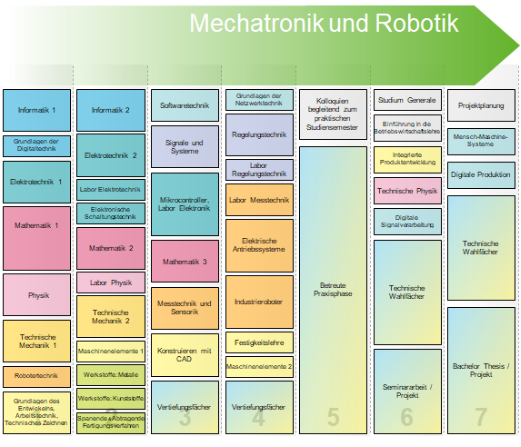Dies ist eine alte Version des Dokuments!
0.introduction to electrical engineering
0.0 myself
My Resume

My Resume

my subjects
- Electrical Engineering I/II
- Introduction to Digital Systems
- Circuit Design
- Elektronik Labor (German, Electronics Laboratory)
- Microcontrollertechnik (German, Microcontroller Technology)
- Elektronische Systeme (German, Electrical Systems)
further connections
- Laborarbeit (mixed, Laboratory work)
- Bachelor-Seminararbeit (mixed, Student Research Project for Bachelor)
- Bachelor-Thesis (mixed)
- Master-Seminararbeiten (mixed, Student Research Project for Master)
- Master-Thesis (mixed)
- Promotions-Thesis (mixed)
0.0 You
A glance around
Point of Origin
0.1 What does your future look like?
Outlook

Overview to the Lectures (MR)

Overview to the Lectures (MR)

0.2 What should you bring with you?
General
- Ability to engage with abstract issues
- Motivation to learn not only during lectures, but also lecture-accompanying
- The secret of „to be able“ lies in „to want“
Mathematics/Physics
- Understanding of physical problems
- Vectors
- Linear systems of equations / matrices
- Differential and integral calculus
- complex numbers
0.3 Sources for "Aftermath"
| Gert Hagmann | Grundlagen der Elektrotechnik, AULA-Verlag about the same level as the course; covers ET1 and ET2 (German) |
| Viktor Hacker, Christof Sumereder | Electrical Engineering - Fundamentals: A great, compact textbook covering about the same range as this course. (Use University VPN to get the textbook) |
| Fawwaz T. Ulaby, Michel M. Maharbiz, & Cynthia M. Furse | Circuit Analysis and Design is a beautifully written and illustrated textbook with the same range of topics like this course. It is also free to download and used in many US universities. |
| - | Online Simulator by Falstad
EIt is a good idea to illustrate electrical engineering principles via simulations. A nice possibility is the Falstad Simulator. There, under the menu item „Circuits“, you can find a wide variety of setups. |
| - | MEXLE-Wiki |
0.4 Scared by the topics in the first week?
- Use the Maths Learning Centre (further down the link).
Contrary to what you might think at first glance, you can also go there for questions about „related subjects“. There you will find students from higher semesters who can help you with homework and problems with the lecture material. They can also give you tips on how to study.
- Try to do as many tasks as possible
- Try to stick with it and study and read in a timely manner. The semester picks up quickly..
- Form study groups / join study groups.
BUT: first try the tasks yourself and get creative, then ask fellow students!
Further information on ET1
ILIAS course
- The course for Electrical Engineering I can be found in ILIAS:
Fakultät für Mechanik und Elektronik » Mechatronik und Robotik (Bachelor) » SPO 1 Englisches Grundstudium » Basic studies in English » (134540) Electrical Engineering »
(134541) Electrical Engineering 1 - Prof. Dr. Tim Fischer
Tutorials
- 1 Tutor
- Discord (probably)
- please give feedback as soon as possible
Written exam
- Time: 60 minutes
- allowed ais in exam:
- pocket calculator
- 2 sheets DIN-A4 handwritten formulary
- Note: A legible and comprehensible calculation process must be available for each result.
0.6 Further information on ET2
ILIAS course
- The course for Electrical Engineering II can be found in ILIAS:
Fakultät für Mechanik und Elektronik » Mechatronik und Robotik (Bachelor) » SPO 1 Englisches Grundstudium » Basic studies in English » (134540) Electrical Engineering »
(134542) Electrical Engineering 2 - Prof. Dr. Tim Fischer
Written exam
- Time: 120 minutes
- allowed ais in exam:
- pocket calculator
- 2 sheets DIN-A4 handwritten formulary
- Note: A legible and comprehensible calculation process must be available for each result.


